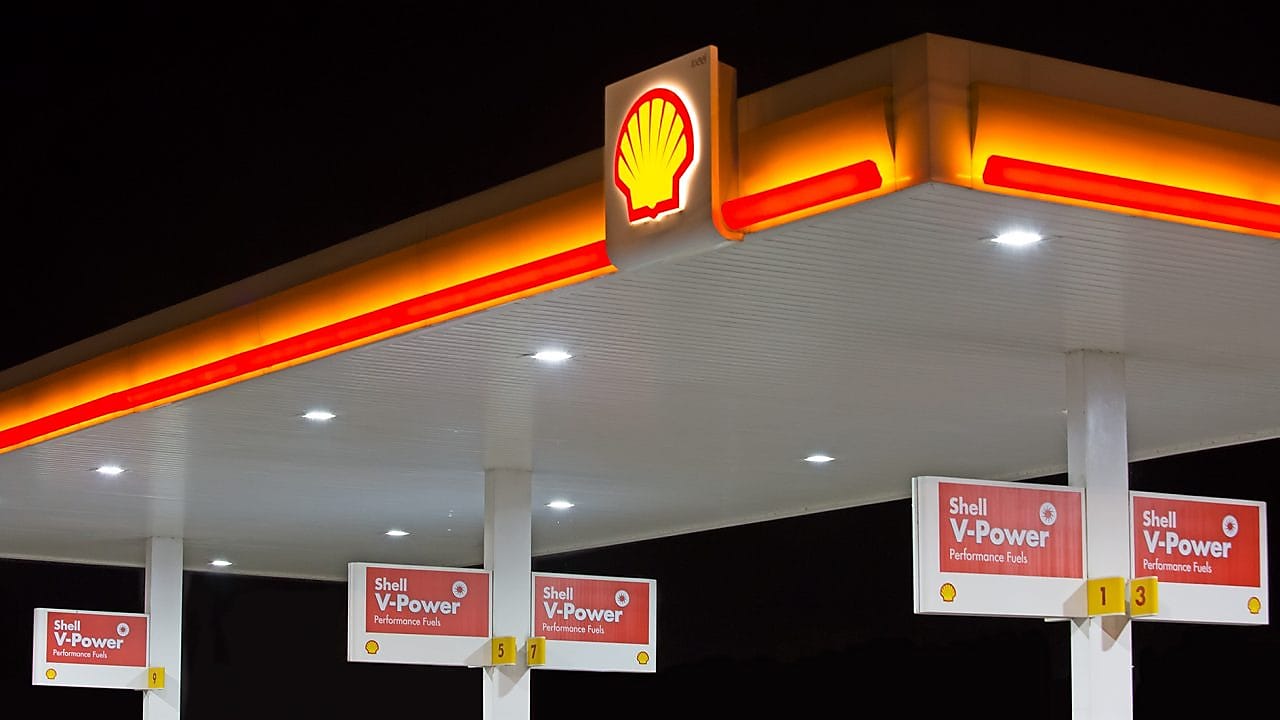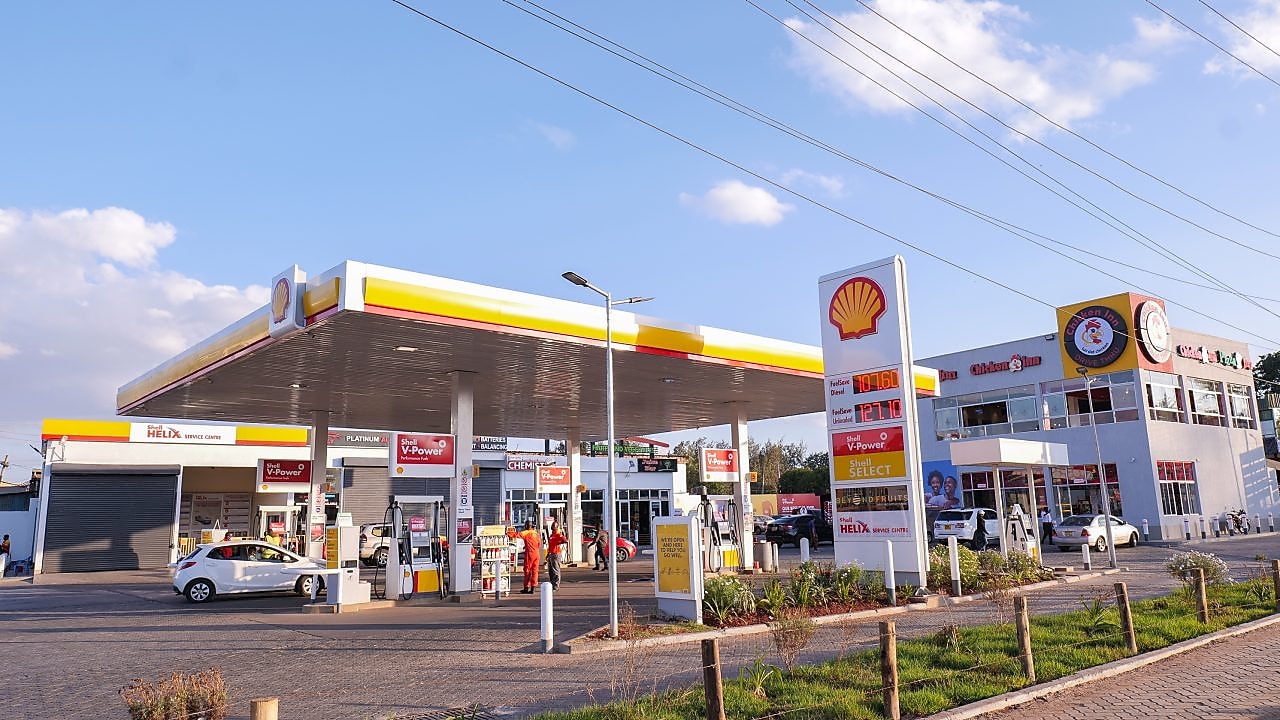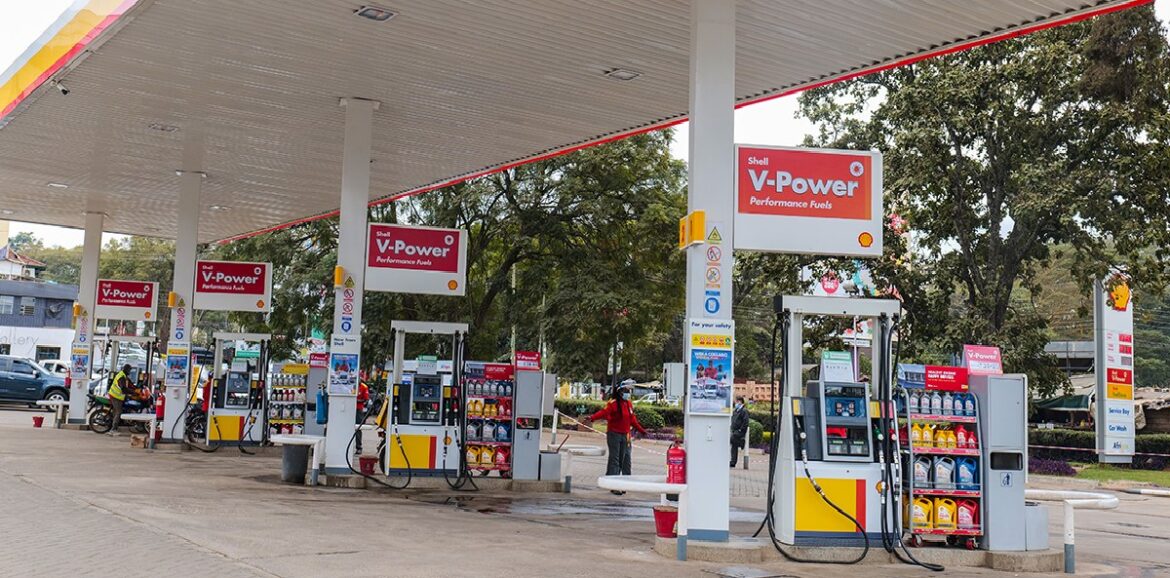Shell Kenya, through its exclusive distributor Vivo Energy Kenya, is under fire following claims that some of its fuel products, including the premium Shell V-Power, are of substandard quality.
The controversy erupted after a viral video titled “Testing Petrol Quality” in Kenya” raised concerns about the integrity of fuel sold at select Shell service stations.
The video has sparked a heated debate on social media, particularly on X (formerly Twitter), with customers questioning whether they are getting genuine high-performance fuel or a diluted version.

Some motorists have gone as far as alleging that Shell’s fuel is “fake,” amplifying fears of widespread fuel adulteration in the country.
The Energy and Petroleum Regulatory Authority (EPRA) is now facing mounting pressure to intervene and conduct independent tests to verify these claims.
Vivo Energy Kenya, which oversees Shell’s operations in the country, has responded to the concerns, maintaining that all its fuel products meet strict quality control standards.
The company clarified that fuel imports undergo rigorous testing both at the source and upon arrival in Kenya, ensuring compliance with industry regulations.
Shell V-Power, a high-octane fuel (RON 95), is marketed as a premium product designed for better engine performance.

Despite these assurances, consumers remain skeptical. Many are demanding random, independent testing at multiple Shell stations, arguing that pre-selected sites may not provide an accurate representation of the situation.
Some have also pointed to past cases of fuel adulteration in Kenya, which have eroded public trust in petroleum companies.
As of now, EPRA has not issued an official statement on the matter, but growing public pressure may soon force the regulator to take action.
Meanwhile, Vivo Energy Kenya has promised to conduct an internal investigation, including independent laboratory tests, to verify the integrity of its fuel supply chain.
With fuel quality being a critical issue for motorists and businesses alike, this incident underscores the need for stronger regulatory oversight and greater transparency in Kenya’s petroleum sector. Consumers are watching closely, expecting more than just reassurances—they want concrete proof that the fuel they purchase meets the highest standards.



